Why words, language matter in DEI Coaching at the Workplace
The month of August has seen important developments about the role of words and names in impacting a person's experience of their identity. This has implications for coaching, especially DEI coaching.
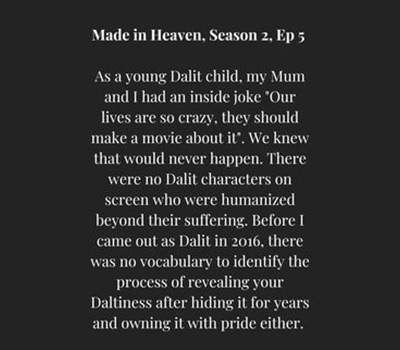
First, this week, in a move of extraordinary vision the Supreme Court of India has recognised this by bringing out the 'Handbook on Combating Gender Stereotypes', It contains a compendium of words and sentences to replace stereotypical language that may be used in judicial decision-making and writing. A must-read for all coaches to understand how words-their and that of others can influence a person negatively or positively.
Second of all, Dalit narratives in popular culture have been in the news. For background, if you watched the latest season of Made in Heaven, you would know a much-lauded episode titled, 'The Heart Skips a Beat' deals with a Dalit wedding and the socio-political-economic fabric of India through it.
One sentence that stands out is when the main protagonist, Pallavi, explains why she reclaimed her caste name Menke and why her parents originally changed it to Kumar which is caste neutral.
This truth, drawn directly from the experience of Dalit writer and journalist Yashica Dutt, also highlights the phrase she uses in her seminal work: 'Coming out as a Dalit: A Memoir of Surviving India's Caste System.' Often used in reference to the LGBTQAI community, Dutt first used the phrase in a Facebook in 2016 which led to her well-known book, has now requested the filmmakers of Made in Heaven to acknowledge and not erase her contribution to this story. Read what she has to say:
In another example of why words matter in identity perceptions, in the Prime Video series Dahad, Sonakshi Sinha's policewomen character also reverts to her caste name Meghwal claiming her identity in defiance of the discrimination.
How does one fight this? Many at work are unconsciously casteist without even realising it. Casually used words can strike weapons that most often knowingly drop a person in a category and its associated perceptions. To change these perceptions we need to change the words we use. As the Supreme Court has aptly demonstrated by bringing out the handbook.
Coaching can help greatly in drawing up a lexicon of sensitive business communication, needless to say, what is that lexicon, this can only come from all the stakeholders involved.
Three ways coaching can do that:
1) Work with organisations to create a benchmark of the current communication and language and help bring in a compendium of evolved usage of language.
2) Offer scenario training in appropriate behaviour that includes situations such as how to address a gender-fluid person, and why asking for a person's full name, a common affliction in India can be insensitive. How to introduce your own pronouns.
3) Help leaders assess their own unconscious biases in inter-office interaction.
We need to broaden the lexicon of business language and coaches can show the why.
Making this change is an intergenerational process, but if companies don't start the process now we will all be guilty of sustaining a highly discriminatory future.
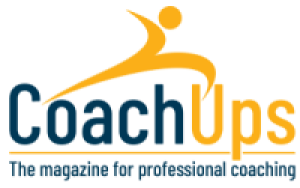



.jpg)

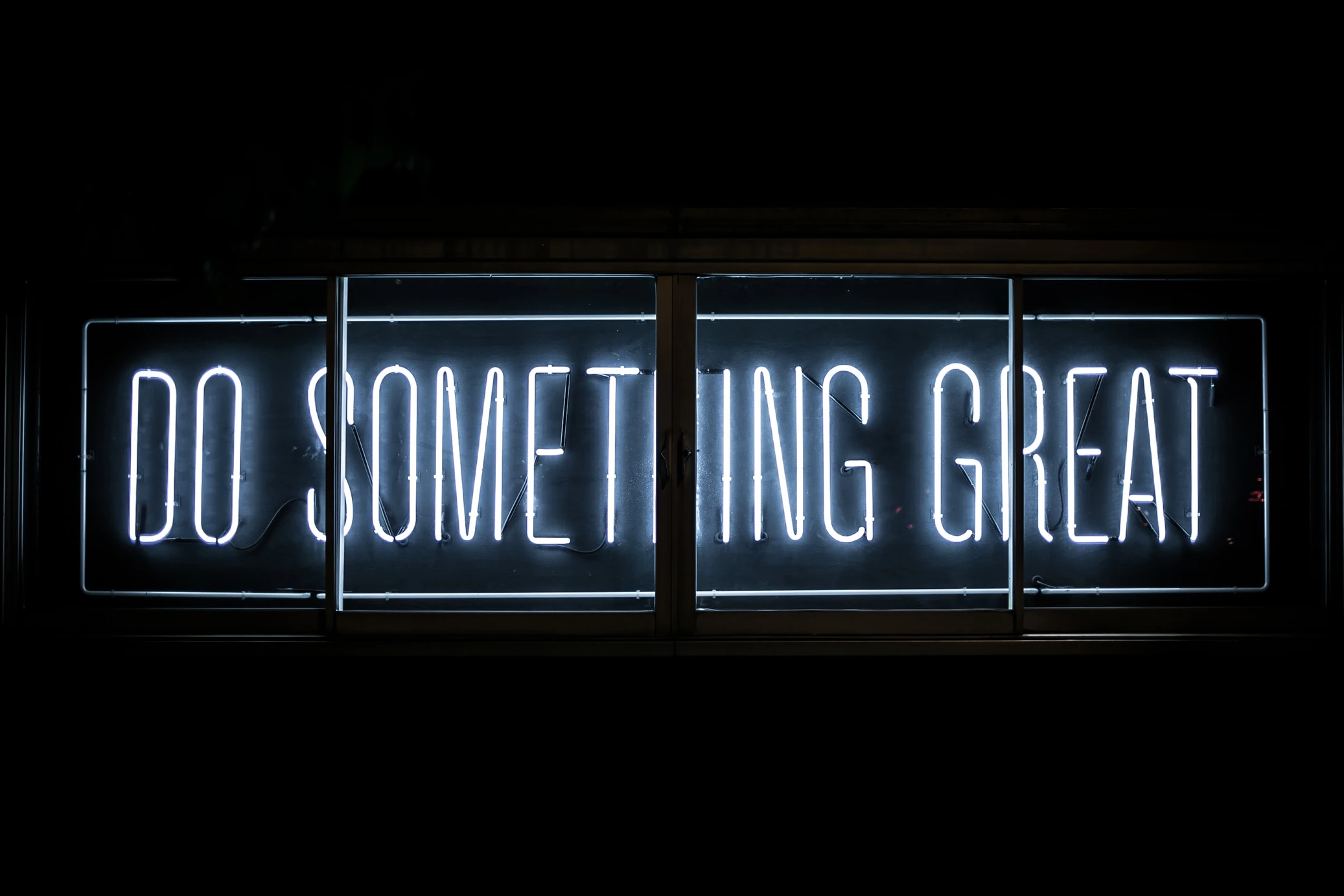


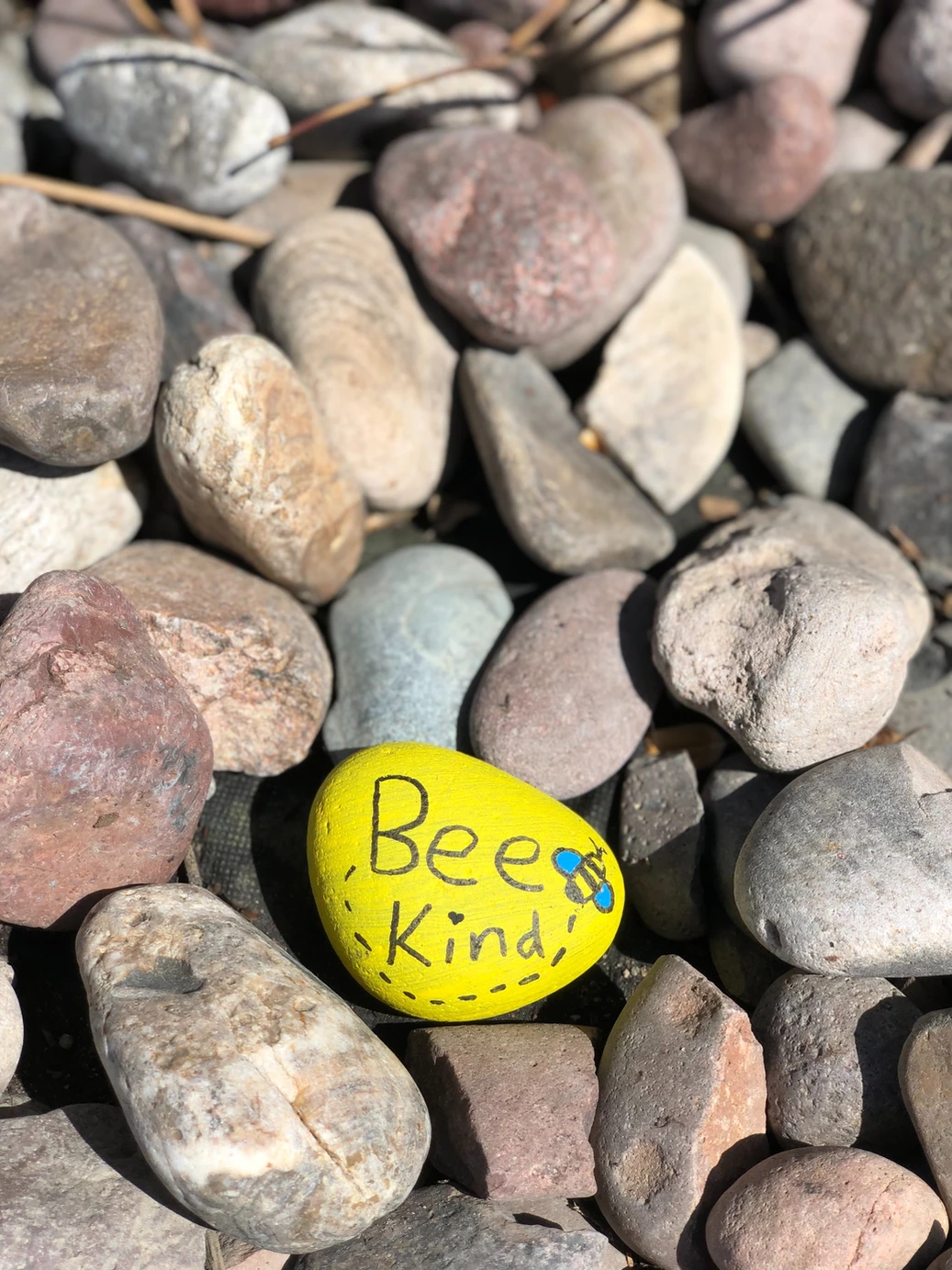
.png)

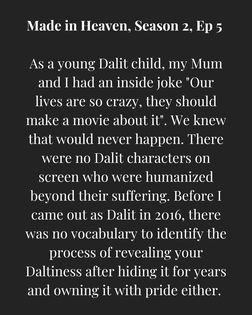

Comments List